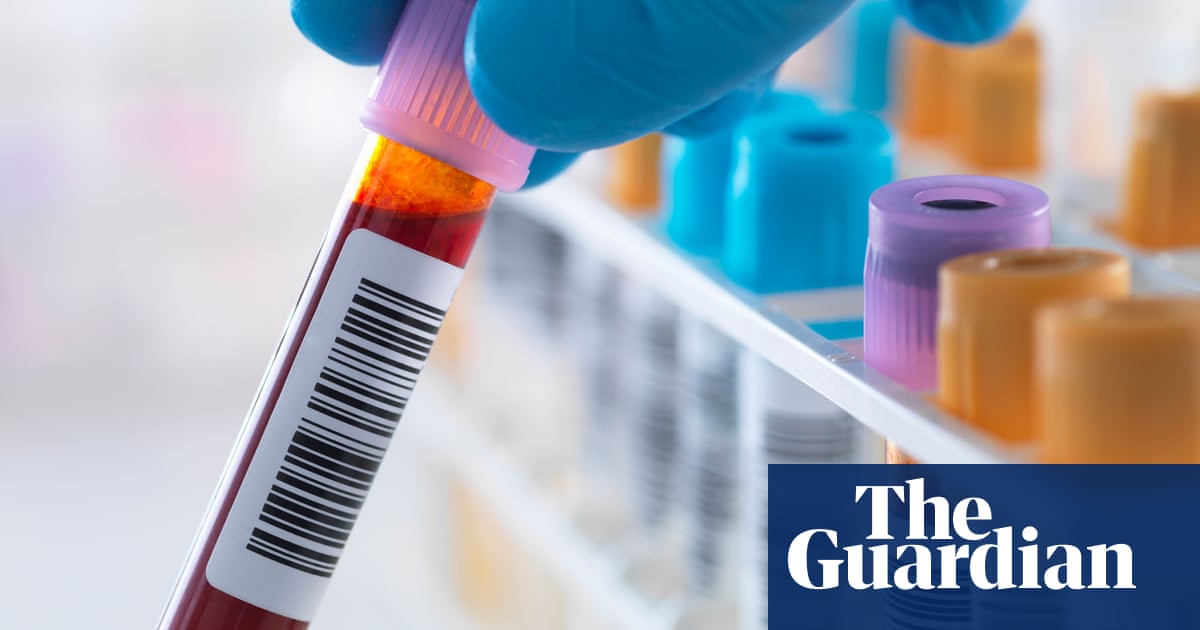
Europe’s drug regulator has denied it has already established a causal connection between the Oxford/AstraZeneca vaccine and a rare blood clotting syndrome, after a senior official from the agency said there was a link.
In a statement to Agence France-Presse, the European Medicines Agency (EMA) said on Tuesday it had “not yet reached a conclusion and the review is currently ongoing”, adding that it expected to announce its findings on Wednesday or Thursday.
Marco Cavaleri, the EMA’s head of vaccines, had earlier told Italy’s Il Messaggero newspaper that in his opinion “we can say it now, it is clear there is a link with the vaccine … But we still do not know what causes this reaction.”
Concerns over rare but serious blood clotting events in a small number of recipients have dogged the shot in recent weeks, with more than a dozen European countries briefly suspending its use last month pending an EMA investigation.
The regulator subsequently said the vaccine was safe and effective, but added that it could not definitively rule out a connection between the shot and the rare clotting events and so was continuing to investigate.
The World Health Organization, EMA and Medicines and Healthcare products Regulatory Agency (MHRA) have all said people should continue taking it because the benefits in preventing Covid-19 infection and its complications continued to far outweigh any risks.
Most countries have since resumed inoculation with the AstraZeneca shot, but several – including France, Germany, Italy, France, Spain, the Netherlands and Canada – have suspended its administration in people aged under 55, 60 or 65.
The EMA is looking into 14 deaths among recipients of the jab that had been reported by 22 March and are related to unusual blood clots in the brain, known as cerebral venous sinus thrombosis (CVST), accompanied by a low platelet count. A high proportion among the reported cases affected were young and middle-aged women.
“We are trying to get a precise picture of what is happening, to define in detail this syndrome due to the vaccine,” Cavaleri told the paper. “Among the vaccinated, there are more cases of cerebral thrombosis … among young people than we would expect.”
The UK regulator, the MHRA, has also reported 22 cases of CVST as well as eight reports of other blood clotting problems with low platelets, up to and including 24 March. Of these 30 reports, the agency has said seven people had died.
Channel 4 reported on Monday that the MHRA was considering restricting the shot in the under-30s and could make an announcement on Tuesday, although the MHRA’s chief executive, Dr June Raine, said no decision had yet been made.
Prof Neil Ferguson of Imperial College London told the BBC on Monday that the clots raised questions over whether young people should get the jab.
Ferguson said: “There is increasing evidence that there is a rare risk associated particularly with the AstraZeneca vaccine – but it may be associated at a lower level with other vaccines – of these unusual blood clots with low platelet counts.
“It appears that risk is age-related, it may possibly be – but the data is weaker on this – related to sex.”
Prof Paul Hunter, a medical microbiologist at the University of East Anglia, told the BBC the “chances of a random association are very, very low”.












